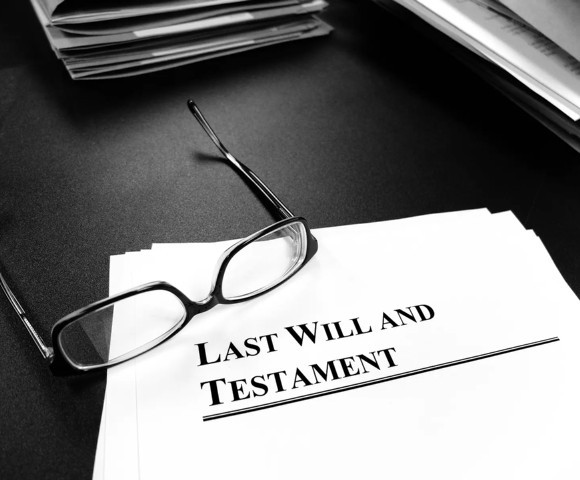- Capital Legacy
- August 12, 2024
What are Letters of Executorship?
The first thing to know is that Letters of Executorship are actually one letter.

The legal term refers to ‘letters’, but it in fact it is a single document, and an important one – it give executors the go-ahead to start the process of winding-up deceased estates after a person passes away, so that heirs and beneficiaries can receive their inheritances.
Letters of Executorship are legal documents issued by the Master of the High Court. They grant executors of deceased estates authority to administer tasks such as settling outstanding debts and taxes, distributing assets to beneficiaries, and ensuring the deceased’s wishes are carried out, as stated in their last will and testament. Without the Letters of Executorship, an executor cannot legally perform the estate administration duties that are required by estate law.
That’s why this is such an important document.
Obtaining the Letters of Executorship
The process of obtaining the Letters of Executorship begins with reporting a person’s death to the Master’s office. There are usually three steps to this part of the process:
- Report the death: The person’s passing must be reported to the Master of the High Court within 14 days. This can be done by the executor or a family member.
- Submit the required documents: The executor will be required to submit several documents to the Master’s office, including the death certificate, the last will and testament, and a completed death notice form. Other documents such as a next-of-kin affidavit and an inventory of the estate assets might also be required.
- Formal appointment of the executor: Once the Master’s office receives and verifies the documents, the Letters of Executorship will be issued, formally appointing the executor and granting them the authority to manage the estate.
What is the purpose of Letters of Executorship?
Obtaining the Letters of Executorship is a crucial part of estate administration, for at least three important reasons:
- Legal authority: It gives the executor the legal power to act on behalf of the estate. Without the Letters of Executorship, the executor cannot legally access the deceased’s bank accounts, transfer property, or settle outstanding debts and taxes.
- Protecting the estate: It safeguards the estate assets from potential fraud or misuse. With the legal authority granted by the Letters of Executorship, the executor is empowered to take the necessary actions to protect the estate and its assets.
- Legal compliance: It ensures that the estate administration process complies with South African estate law. The Master’s office oversees executors’ actions, providing an additional layer of oversight and protection for heirs and beneficiaries by making sure that the winding-up of deceased estates is done according to the law.
Challenges in obtaining the Letters of Executorship
It can sometimes be tricky and time consuming to acquire the Letters of Executorship. Common challenges include incomplete documentation, disputes among family members or beneficiaries, and delays at the Master’s office. To avoid these issues with your own deceased estate, there are two simple steps you can take while you are alive:
- Make sure that you have a valid last will and testament, and tell your loved ones where it’s kept.
- Appoint professional experts to handle your estate administration and act as executors by naming them in your will.
This could help heirs and beneficiaries navigate the process of finalising an estate with far greater ease, during a difficult time in their lives. For the sake of the loved ones left behind, it is important to ensure that an estate is handled properly and legally.
Whether you’re in need of a
will, life insurance, education
cover,
or the power of all three, we have got you covered.


